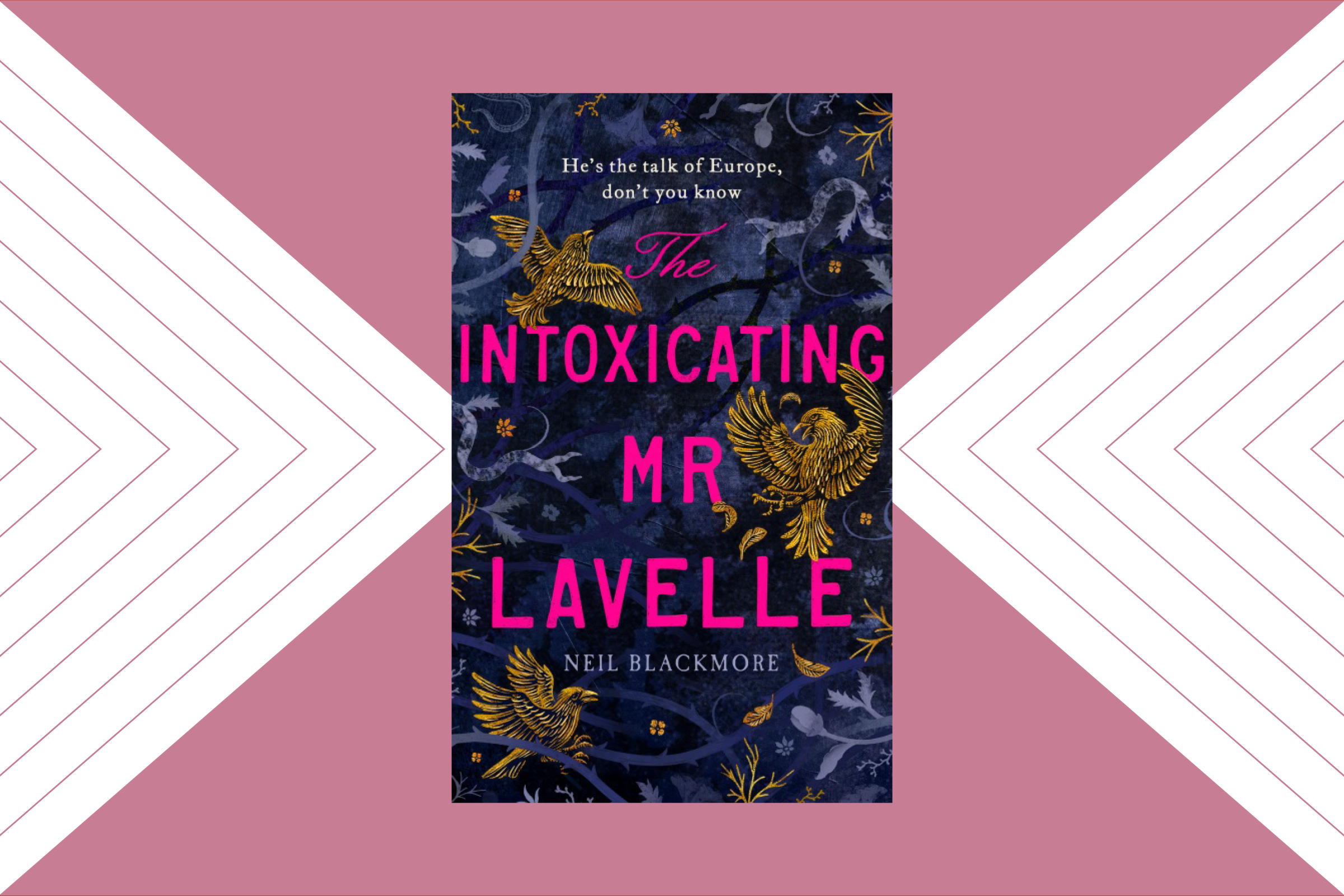- Home |
- Search Results |
- The Intoxicating Mr Lavelle offers readers one of fiction’s greatest antiheroes

Walter White. Luther. Hannah Horvath. Modern pop culture has really embraced the concept of the flawed, morally ambiguous protagonist. Of course, the “anti-hero” is not a new phenomenon, and literature is ripe with charismatic central characters with a conspicuous lack of traditional "hero" qualities; morality, selflessness, courage. There's Becky Sharp; beautiful, intelligent, and unfailingly ruthless. Shakespeare's Macbeth. Dorian Gray and his murderous pursuit of eternal youth.
What is it that's so appealing about the anti-hero? They're flawed and complex in a way that feels real and relatable. They're not good, but not strictly bad. They exist on that nuanced spectrum of grey that encompasses all human life. It's deliciously fun to live vicariously through characters uninhibited by such small things as a moral compass. You don't need to like them. They're here to shake things up, to outrage, shock and entertain, to have you question the very foundation of your beliefs.
Neil Blackmore's larger-than-life creation, Horace Lavelle, certainly succeeds on this last front. From his first appearance in a tiny Italian church, shouting profanities in front of a shocked congregation of nuns, the handsome, magnetic stranger brings a nihilistic energy and an IDGAF attitude that thrills and unravels Benjamin Bowen's carefully held beliefs.
Benjamin, and his strait-laced brother Edgar, have embarked on "The Grand Tour", an 18th-century tradition in which young aristocrats frolicked through Europe for an extended period of time, ostensibly in pursuit of education, culture, art and history, but also debauchery, decadence, and extravagant soirees with the international elite. Imagine an early prototype of the "Gap Year".
The brothers are educated and philosophical but not the typical Tour type. Their father owns The Bowen Maritime Company, making them wealthy through trade not inheritance. Neither of their parents are English, but were born in Amsterdam and Wales. They're searching for culture, sure, but also connection. This is their opportunity to establish themselves in high society, to find friends, and in a broader sense, that long-sought feeling of acceptance and belonging.
It’s a mission that's not exactly going swimmingly when Lavelle saunters into their lives. Gatecrashing balls and offending the social elite, the titular Mr Lavelle is as seductive and riotous as Blackmore’s book. Reading it will transport you to the sun-dappled, cobbled streets of Italy. The world it portrays may be largely unrecognisable from our own, but the novel's reflections on class, sexuality, duty and religion feel poignant and relevant today. Lavelle is a series of contradictions: loud but vulnerable, charming but cruel. But no matter what you think of him, he's certainly never boring.